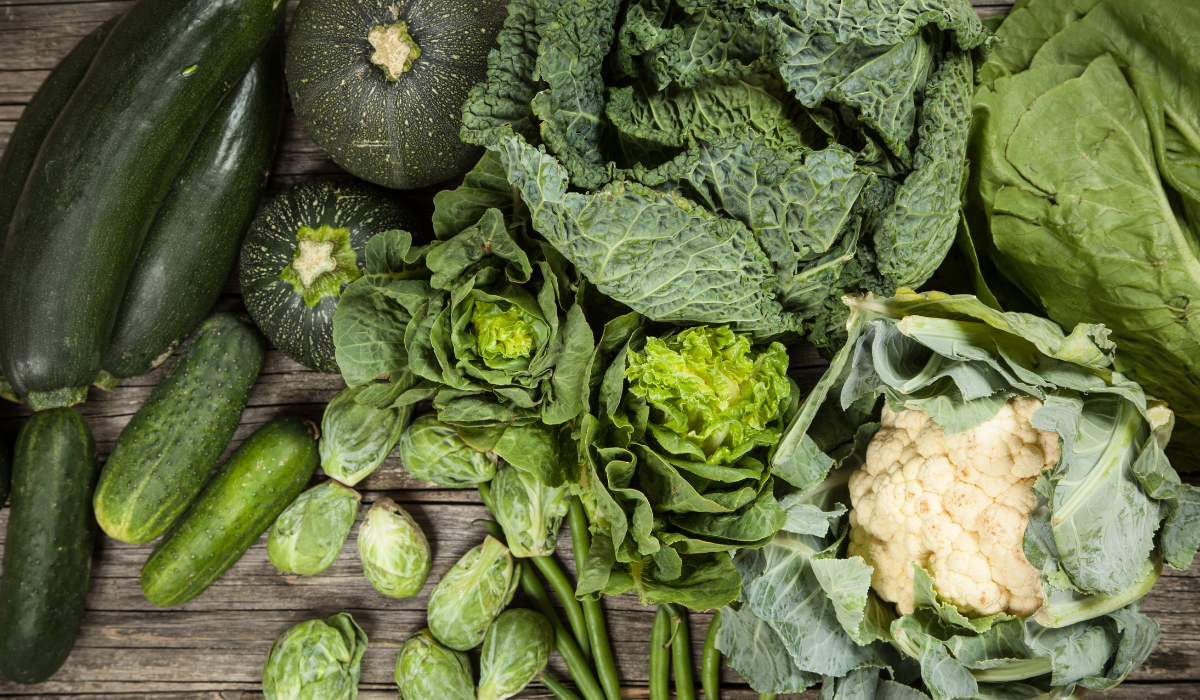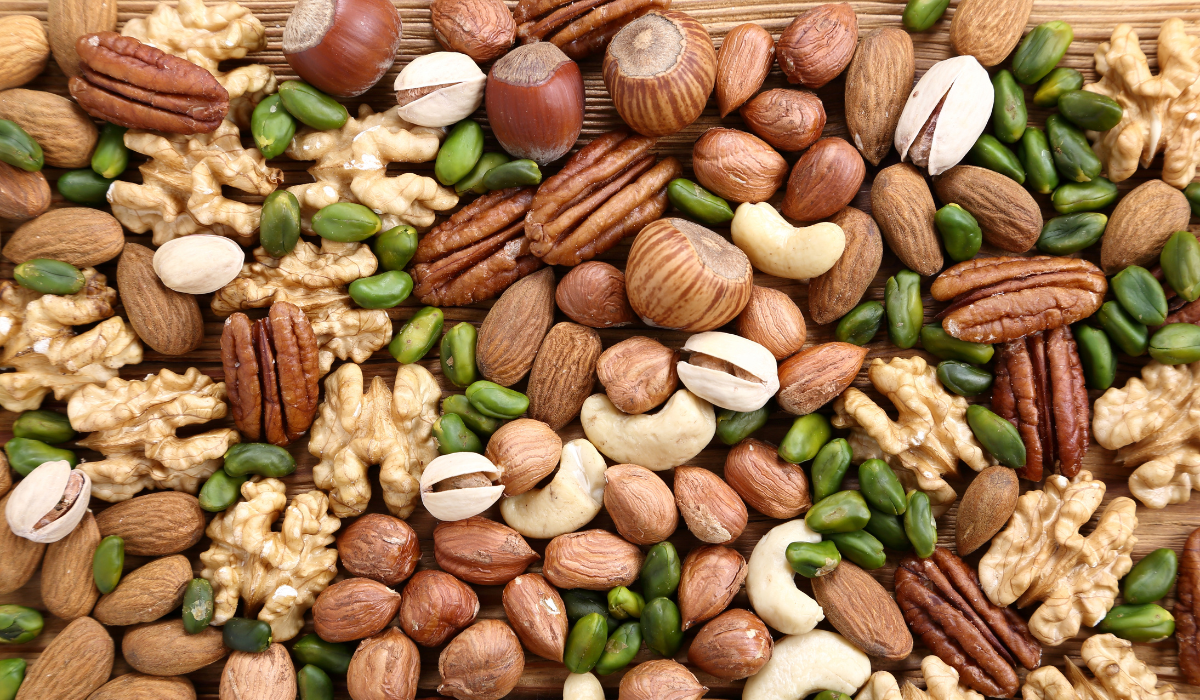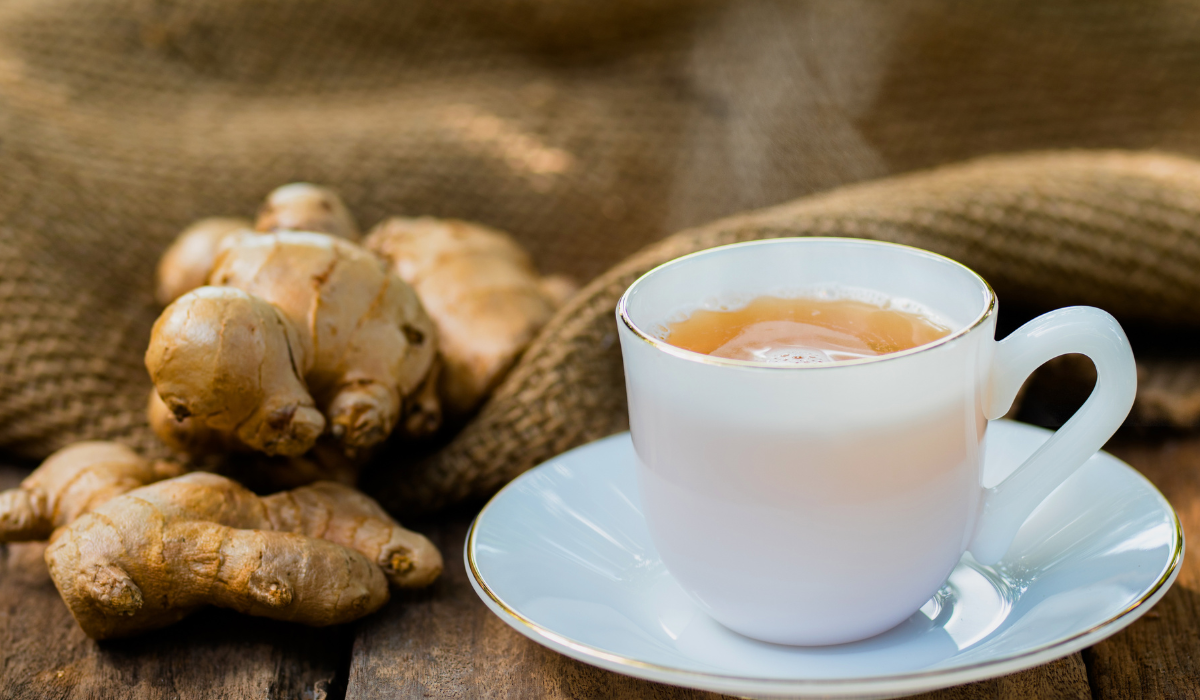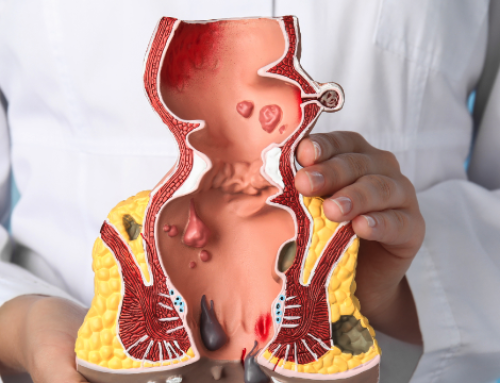Maintaining a healthy gut is essential for overall well-being, and diet plays a pivotal role in achieving this balance. From promoting healthy gut flora to managing uncomfortable symptoms like bloating and stomach pain, understanding what to eat—and what to avoid—can significantly impact your digestive health. In this blog, we’ll explore the best dietary practices for a healthy gut, address common concerns like leaky gut, and provide practical advice for dealing with various stomach issues.

Understanding Leaky Gut and Its Impact
What Is Leaky Gut? Leaky gut, or increased intestinal permeability, occurs when the lining of the small intestine becomes damaged, allowing undigested food particles, toxins, and bacteria to “leak” through the intestinal wall into the bloodstream. This can trigger inflammation and may contribute to various health issues, including autoimmune diseases and food sensitivities.

Leaky Gut Diet and Treatment The best diet for a leaky gut focuses on reducing inflammation and promoting the repair of the intestinal lining. Foods rich in antioxidants, omega-3 fatty acids, and fiber are essential. Key components of a leaky gut diet include:
- Bone Broth: Rich in collagen, which helps to heal the gut lining.
- Fermented Foods: Yogurt, kefir, and sauerkraut provide probiotics that support gut health.
- Leafy Greens: Spinach, kale, and other greens are packed with vitamins and minerals that reduce inflammation.
- Ginger and Turmeric: These spices have potent anti-inflammatory properties.
What Not to Eat for Gut Health: To support healing, it’s crucial to avoid foods that can irritate the gut lining. These include processed foods, refined sugars, gluten, and dairy (if intolerant).
Diet for Healthy Gut Flora
Healthy Gut Bacteria Diet Your gut is home to trillions of bacteria, collectively known as the gut microbiome. A healthy gut microbiome is essential for digestion, immunity, and overall health. To nurture your gut flora, consider incorporating the following foods into your diet:
- Probiotics: Found in fermented foods like yogurt, kimchi, and kombucha, probiotics introduce beneficial bacteria to the gut.
- Prebiotics: Foods like garlic, onions, bananas, and asparagus are rich in prebiotics, which feed and nourish good bacteria.
- High-Fiber Foods: Whole grains, fruits, and vegetables provide the fiber that promotes a diverse and healthy gut microbiome.

Are Nuts Good for Gut Health? Nuts are an excellent source of fiber, healthy fats, and antioxidants, all of which contribute to a healthy gut. Almonds, walnuts, and pistachios are particularly beneficial.
Is Nutritional Yeast Good for Gut Health? Yes, nutritional yeast is a great addition to a gut-healthy diet. It’s rich in B vitamins and has probiotic properties that support gut health.
What Not to Eat for Gut Health: To maintain a balanced gut microbiome, it’s essential to limit or avoid processed foods, artificial sweeteners, and excessive alcohol, as these can disrupt gut flora and lead to digestive issues.
What Should I Eat When My Stomach Hurts?
Stomach pain can arise from various causes, including indigestion, gas, or more severe conditions like ulcers. When your stomach hurts, it’s important to choose foods that are gentle on the digestive system.

What to Eat When Your Stomach Hurts from Gas:
- Ginger Tea: Known for its anti-inflammatory properties, ginger can help relieve gas and bloating.
- Peppermint: Peppermint tea or oil capsules can relax the digestive muscles and reduce pain.
- Bananas: Easy to digest and rich in potassium, bananas can soothe an upset stomach.
What to Eat When Your Stomach Is Upset from Stress: Stress can exacerbate stomach issues. Opt for foods that are easy to digest and calming, such as:
- Oatmeal: A warm, soothing meal that’s gentle on the stomach.
- Chamomile Tea: Known for its calming effects, chamomile can reduce stress-related stomach discomfort.
What to Eat When You Have Diarrhea:
- Plain Rice: Rice is binding and can help firm up stools.
- Applesauce: Easy to digest and contains pectin, which can help with diarrhea.
- Toast: Simple and bland, toast is easy on the stomach and helps absorb excess stomach acid.
What Should I Eat When My Stomach Is Bloated?
Bloating can be uncomfortable and sometimes painful. The right foods can help alleviate this condition and improve digestion.
What Foods Help Digestion and Bloating:
- Papaya: Contains enzymes that aid digestion and reduce bloating.
- Fennel Seeds: Known for their carminative properties, fennel seeds can help relieve gas and bloating.
- Yogurt: The probiotics in yogurt can help balance the gut microbiome and reduce bloating.
What Food Makes Your Stomach Feel Better?
- Avocado: Rich in potassium and fiber, avocado helps reduce bloating and supports healthy digestion.
- Cucumber: Hydrating and soothing, cucumbers are great for reducing bloating.
Worst Foods for Bloating: Avoid foods that can cause gas and bloating, such as beans, carbonated drinks, and cruciferous vegetables like broccoli and cabbage.
A healthy gut is the foundation of overall wellness, and making the right dietary choices is key. If you’re experiencing ongoing digestive issues or want to improve your gut health, it’s essential to consult with a healthcare professional. As a colorectal surgeon, I’m here to help you navigate your gut health journey. Schedule an appointment with me today, or reach out to your local colorectal health specialist to start taking proactive steps towards a healthier gut.
Your health is worth it—let’s work together to ensure your gut is as healthy as possible!
Want to schedule an appointment with Dr. O’Connor? Get started here.





